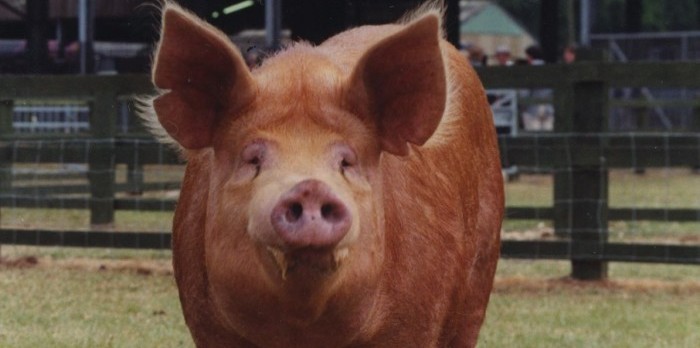The Rare Breeds Survival Trust (RBST) is reminding rare breed farmers and keepers to register their animals, as it could be crucial to securing a culling-exemption in the event of a notifiable disease outbreak.
With recent notifiable disease scares, the RBST have said that registering animals from rare breeds of livestock and equines could secure cull-exemptions.
If a cull was activated in the future, to control disease spread, the government will consider sparing the breeds listed on its UK breeds at risk list – to preserve their genetic resource.
In such an instance, decisions to spare are made on a case-by-case basis but government will liaise with breed societies and require an up-to-date list of breeders with registered pedigree stock to be available.
“It was a huge relief for the entire livestock industry when suspicions of an outbreak of Foot and Mouth or Swine Vesicular disease in Norfolk, earlier this summer, could thankfully be dispelled,” said RBST chief executive Christopher Price.
“But for breeds with low population numbers or limited geographical dispersal, we must always be on our guard for the impacts of a possible notifiable animal disease outbreak and take action to protect our rare breeds.”
The Animal and Plant Health Agency (APHA) recommends that owners of rare livestock and equines complete an animal breeds at risk registration form, which requires details of breed society herd, flock or stud numbers. The form must then be returned to APHA.
The RBST is warning farmers and keepers that the progeny of unregistered animals cannot be registered, so one missed registration can interrupt a bloodline that has survived for generations. Many breeds allow online registration through the Grassroots system (see home.grassroots.co.uk) or the Cloudlines platform (https://cloud-lines.com). Paper applications can also be sent directly to the relevant breed society.




